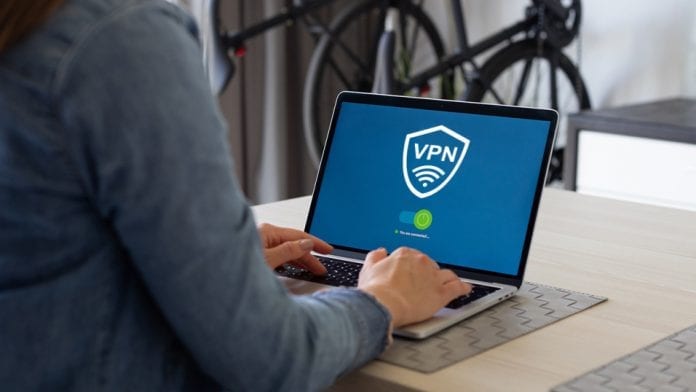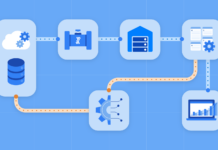Today’s world is an information technology world where people from all walks of life use the internet for different purposes.
Privacy is on everyone’s lips and most people are aware of Virtual Private Networks (VPN), how they work and what they do, to which countries and whose servers are covered, is a hot topic on the internet today.
What is a VPN?
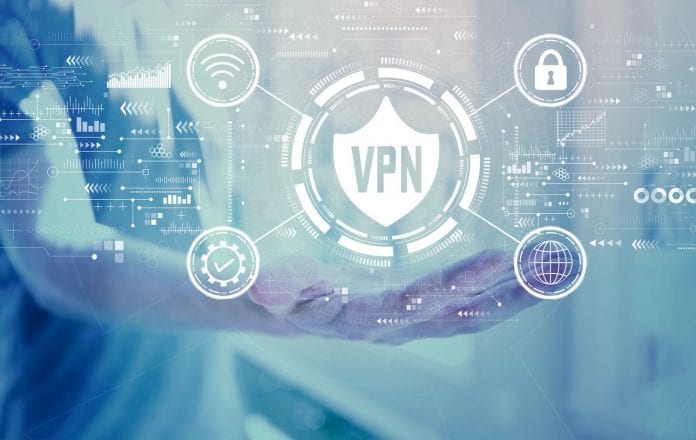
VPN Servers prevents hackers from accessing your computer’s main memory and installing viruses or spyware programs into your machine.
When you browse the internet, private data used to carry out specific tasks is saved on your pc through an IP address.
If you surf websites that are not secure or have inadequate security practices, this sensitive data can be stolen or intercepted by a hacker who may use it to access your system and install malware onto your machine.
The problem with most companies out there today is that they offer free VPNs that are relatively weak and very quickly attacked and destroyed by advanced cybercriminals.
It would be more useful to use a company that offers a premium VPN service that provides you with real security to rest assured that any attack will be thwarted.
Why would you need one for streaming?
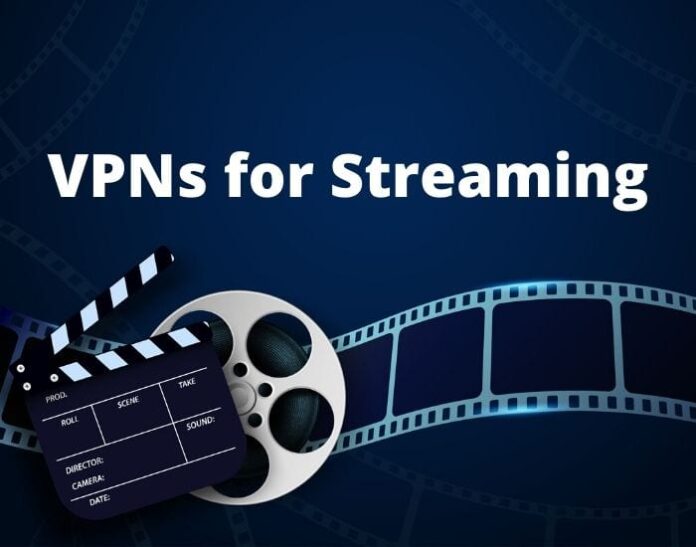
Most streaming services are locked, meaning that they do not allow people from certain countries to access their platforms.
This can be frustrating as many customers may find themselves traveling for holiday or work, only to find that the service they are paying for; is blocking them.
The leading streaming services such as Amazon Prime, Netflix, acorn tv by SpaceHop.com, Apple TV all have many customers and are used by vast swathes of the population.
This is where a VPN comes in.
It can make your phone or computer look like it is accessing the service via an allowed country.
In other words, a VPN allows you to stream without getting your identity exposed. As previously mentioned, this is useful for privacy, but for this scenario, it is incredibly useful when you are being blocked by a streaming service.
Private VPNs provide encryption at their core, and therefore, it is what you should look for if you want to unblock services.
What to look for in a VPN
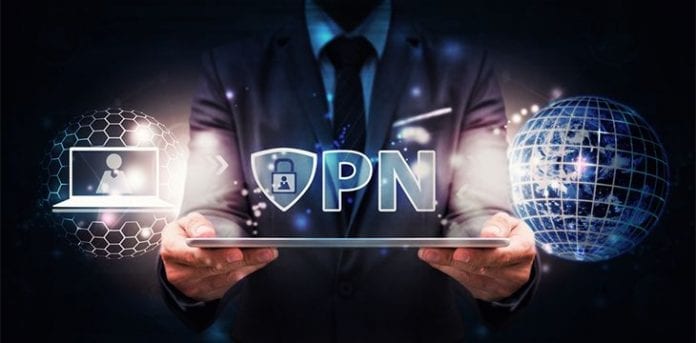
Several factors go into making a decent VPN, such as price and speed.
There is also privacy, and depending on how much you care about it, you will need to find a VPN company that is not based in the USA and is not a party to any requests on data.
Some VPN businesses base their servers in quite random countries like Panama, for this very reason, i.e., so they don’t have to comply with US laws.
With that said, if you are only really interested in watching your favorite movies, then you can overlook this point.
For the average person looking for occasional use, cost and speed will be what you should keep an eye out for.
It is no use getting an incredibly cheap VPN only to discover that it cannot connect to most locations, and when it does, it is too slow. Likewise, you don’t want a super-fast one that costs more than the actual streaming service you are trying to access!
You should take care to see if your selected VPN uses what is known as a kill switch. This is used if the server you are running off decides to disconnect itself, thereby exposing your actual location.
A kill switch detects this and disconnects your computer from the internet until the VPN software can reconnect you again to the desired server.
Will a VPN slow down my internet?
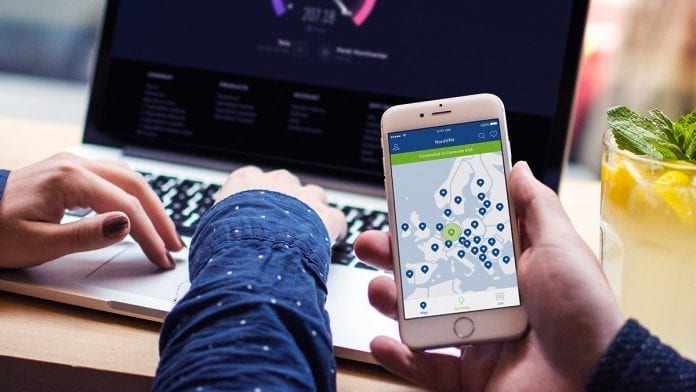
The short answer is that it will slow it down to a certain degree. Nevertheless, many high-quality VPN nowadays use sophisticated technology to reduce any lag in speed, and most run perfectly well without issue.
You may have trouble streaming 4K footage, but for the most part, if you sacrifice a bit in resolution, you will find that there is no issue.
Summary
Whether you want to access some obscure show or have become stuck in another country due to COVID, a VPN will ensure that you can access a streaming service from anywhere in the world.
There are many choices available out there, and with a small amount of research, you will be able to find one that meets your needs.
